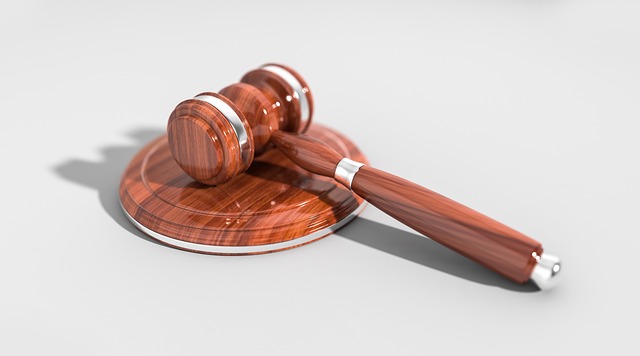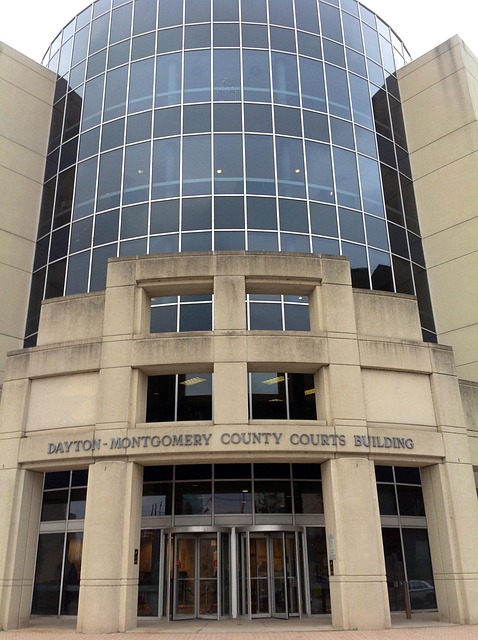Survivors of a loved one's wrongful death face intense emotions and practical challenges. Wrongful death compensation, governed by jurisdiction-specific statutes, covers medical bills, funeral expenses, lost earnings, and pain and suffering. While traditionally benefiting spouses and children, some interpretations suggest siblings could also be entitled under specific conditions. Understanding these complexities is vital for navigating claims. Siblings play a significant role in providing emotional support and valuable insights into the deceased's life, contributing to stronger cases. Financially dependent siblings or those with caregiving expenses may be eligible for compensation. Navigating a claim requires understanding key steps, gathering relevant information, and consulting an experienced legal professional within the prescribed time frame.
“Did you know that siblings can also seek wrongful death compensation? This compelling topic explores an often-overlooked aspect of legal proceedings. In this article, we delve into the intricate world of wrongful death compensation from a legal standpoint, focusing on the significant role siblings play in claims.
We’ll guide you through the process, highlighting crucial steps for sibling claimants seeking justice and financial support following a tragic loss.”
- Understanding Wrongful Death Compensation: A Legal Perspective
- The Role of Siblings in Wrongful Death Claims
- Navigating the Process: Steps for Sibling Claimants
Understanding Wrongful Death Compensation: A Legal Perspective

In the event of a loved one’s wrongful death, survivors often face an overwhelming array of emotions and practical considerations. Wrongful death compensation plays a crucial role in providing financial support to help grieving families cope with their loss. From medical bills and funeral expenses to lost earnings and pain and suffering, this legal mechanism aims to restore some sense of justice and financial stability.
From a legal perspective, wrongful death claims are governed by specific statutes that vary by jurisdiction. These laws outline the circumstances under which compensation can be awarded and determine who is eligible to receive it. While often focusing on direct dependents like spouses and children, some legal representations suggest that siblings too could potentially be entitled to wrongful death compensation in certain cases, especially when they were dependent on the deceased for financial support or had a close familial bond. Understanding these nuances is essential when navigating real estate disputes or any other situations that may lead to wrongful death claims.
The Role of Siblings in Wrongful Death Claims

In many wrongful death cases, the primary claim is filed by a spouse or direct dependent of the deceased. However, siblings also have a significant role to play in these claims. They can be integral to the process, providing emotional support and sharing valuable insights into their sibling’s life and circumstances. While they may not always receive compensation directly under wrongful death laws, their involvement can enhance the case’s strength and impact.
Siblings can contribute by offering detailed accounts of their sibling’s daily routines, relationships, and overall well-being before the incident. This information is crucial for demonstrating the depth of emotional distress and financial impact on the family as a whole, including potential loss of support, companionship, and shared responsibilities. In some cases, if a sibling was financially dependent on the deceased or incurred expenses related to their care, they may be eligible to receive a portion of the accident settlements as part of the wrongful death compensation.
Navigating the Process: Steps for Sibling Claimants

Navigating a wrongful death claim as a sibling can be an overwhelming process, but understanding the steps involved can help ensure a smoother journey towards client recovery. The first step is to gather all relevant information related to the deceased’s life and circumstances of their passing. This includes medical records, employment details, and any evidence suggesting caregiver negligence or insurance disputes. It’s crucial to document every aspect as it could significantly impact your case.
Once you’ve compiled these materials, consult with a legal professional experienced in wrongful death cases. They will guide you through the process, helping you file a claim within the prescribed time frame. During this time, focus on supporting one another and ensuring all necessary paperwork is accurately completed. Remember, each sibling’s experience and emotional investment can vary, but working together as a united front strengthens your collective case for wrongful death compensation.
While wrongful death compensation primarily focuses on providing support for immediate family members like spouses and children, siblings can also be eligible in certain cases. Understanding your rights as a sibling and navigating the legal process is crucial. By familiarizing yourself with the role you play in a wrongful death claim and following the necessary steps, you can ensure that your voice is heard and that you receive the compensation you deserve for your unique loss.






